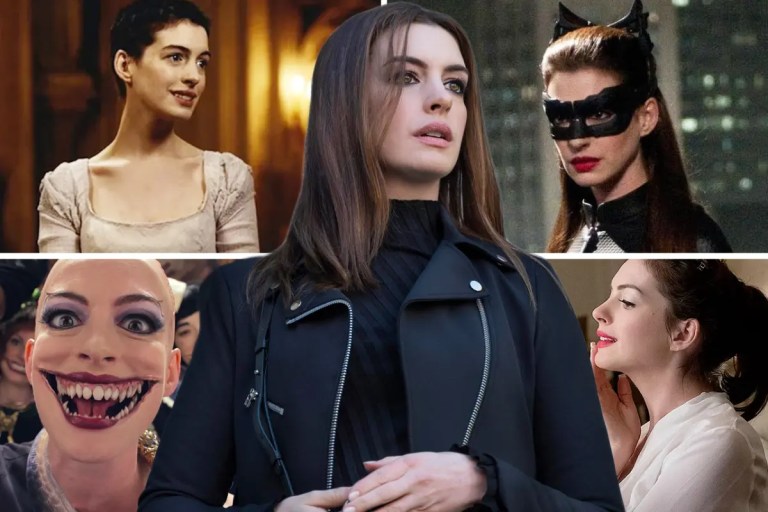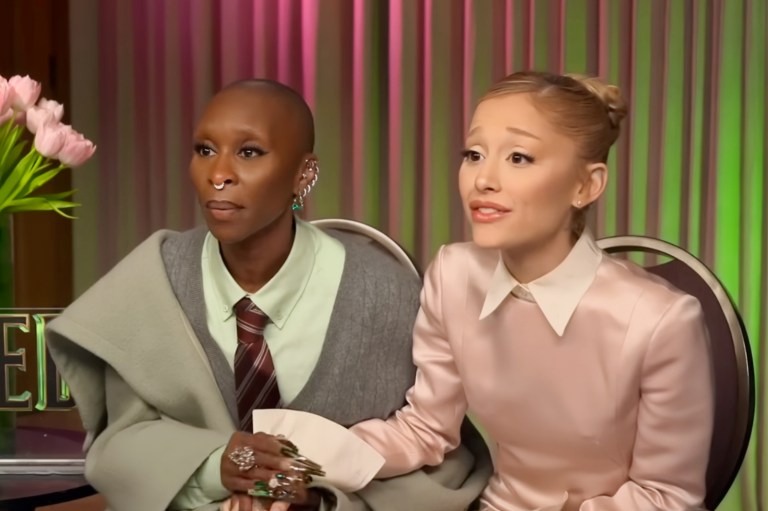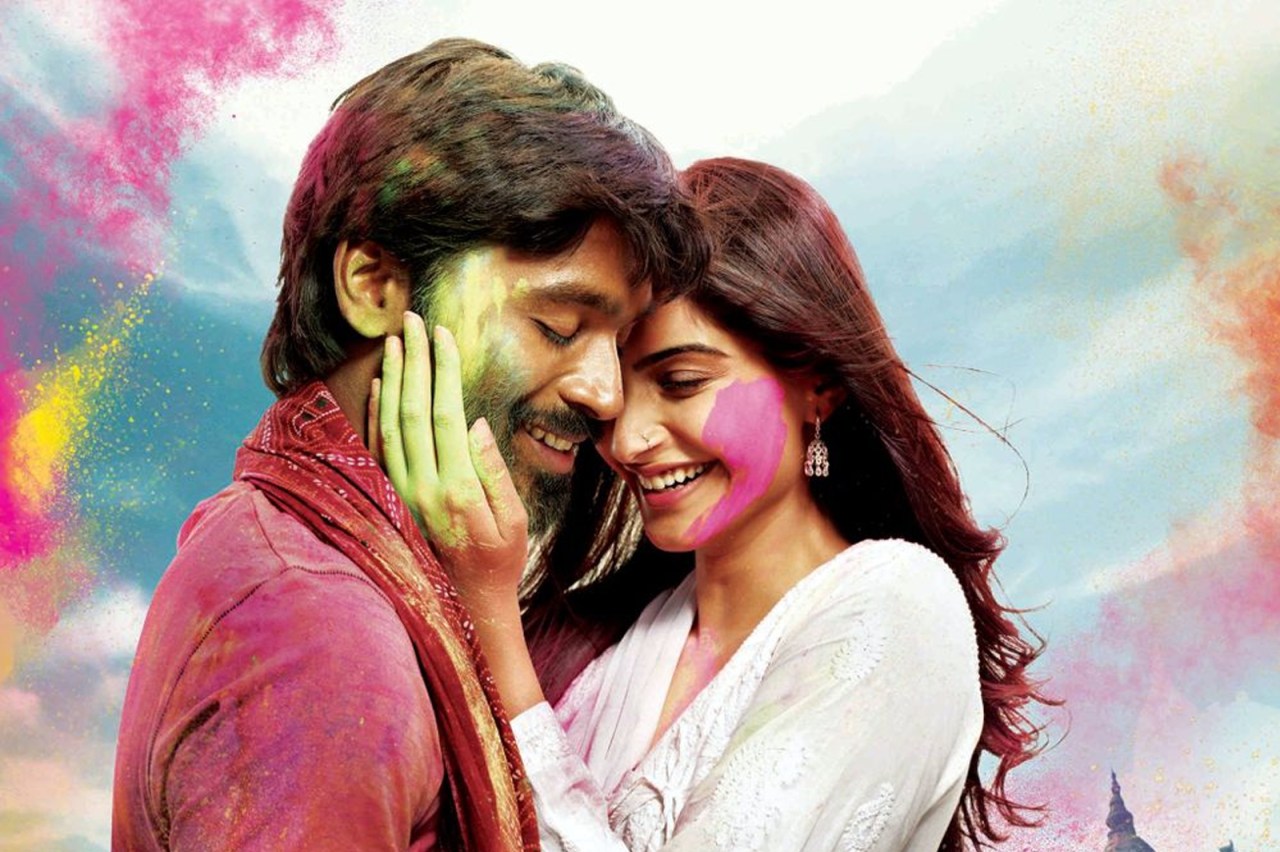
Blondewala Bollywood: Raanjhanaa’s New AI Ending Is A Terrible Idea
Your favorite blondewala is back to talk about the biggest power struggle taking place in Bollywood this month, and boy are things are getting heated.
Director Aanand L. Rai has been extremely vocal about Eros International’s decision to use AI to rework the ending of his 2013 film Raanjhanaa for the film’s 12th anniversary re-release in Tamil Nadu theaters on August 1.
The musical romantic drama marked Dhanush’s debut to Hindi cinema after charming Tamil audiences and becoming an overnight internet sensation with his song “Why This Kolaveri Di”. The film’s soundtrack by A. R. Rahman is still one of my personal favorites.
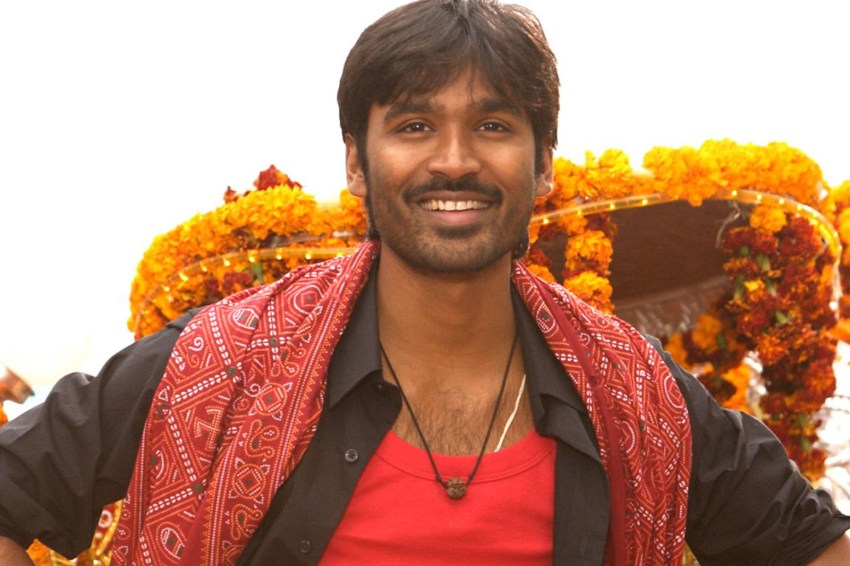
Say whatever you want about co-lead Sonam Kapoor, but this story of a one-sided love affair between Kundan, the son of a Tamil priest, and Zoya, the Muslim girl who breaks his heart and pulls him into a political plot-turned-assassination absolutely worked on screen.
It did what Bollywood does best—took us on an emotional roller-coaster that tugged at our heart-strings and renewed our faith in the illogical phenomenom of romantic love in its most zealous forms.
Get ready to grab the Kleenex
From Devdas to Kal Ho Naa Ho, Hindi cinema thrives in the tragedy genre, so why would the studio opt for a rewrite that lets Kundan live, especially when his death is the anchor of the film’s climax? Part karmic retribution and part complete annihilating submission to his all-consuming love, it’s basically the whole point of the movie.
Kundan betrays Zoya’s trust and exposes her love affair with Jasjeet, a Sikh man who is kidnapped and beaten for the indiscretion, prompting Zoya to attempt suicide herself. Kundan’s penance is to join Jasjeet’s political party, where Zoya is now manning the helm, but as he rises up the ranks and becomes a candidate himself, it’s too painful for Zoya to bear and she plots with the Chief Minister to have him assassinated.
The film’s ultimate climax is, at it’s core, when the audience discovers that Kundan was aware of Zoya’s intentions to kill him, but still attended the event where he is shot anyway. He willingly sacrifices his own life to satisfy her anger and desire for revenge, likely out of his own guilt, but more importantly out of his undying love for her, which has been his guiding light and underlying motivation throughout the entire film.
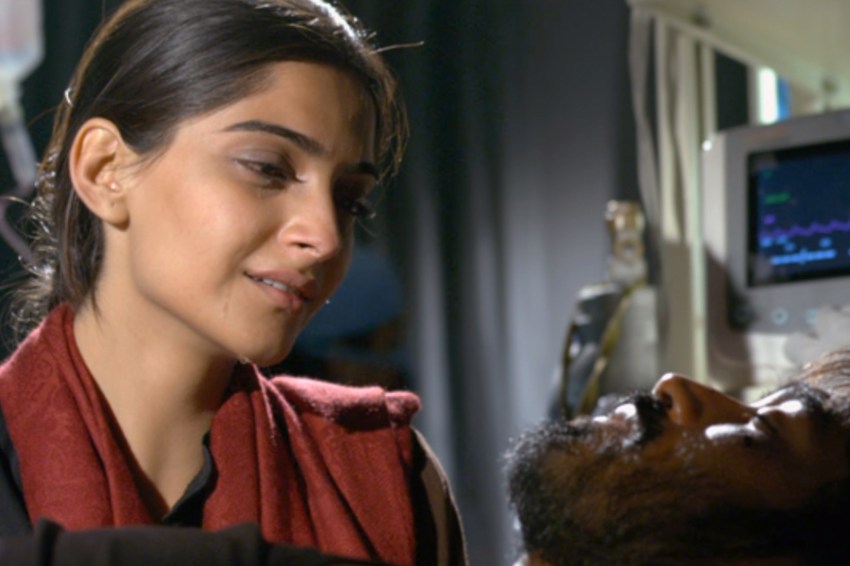
When Zoya runs to meet Kundan at the hospital and sit by his side during his last moments, Kundan speculates about being reborn to fall in love with Zoya all over again. Raanjhanaa (which translates to ‘beloved one’) gives us these two very flawed characters, from different backgrounds and religions, who have both committed atrocities against each other, and yet, underneath all of that pain and damage and suffering, they still retain some shred of love for each other.
Kundan’s willingness, and even desire, to relive it all from the beginning, despite knowing the tragic ending it all culminates in, evokes a profound catharsis from us as viewers that would be lost entirely were he to survive instead. Zoya’s guilt, the depth of her loss, and her self-reckoning would also be muted by the adaptation.
So, who’s in the wrong?
Rai’s opposition to the decision has created a public discourse about the laws surrounding IP and AI, to which Eros has responded, claiming they have every right to make the changes, but the more interesting questions relate to how this new technology might upend traditional swimlanes for storytellings and critics alike.
Since Roland Barthes’ 1967 essay “The Death of the Author” literary and film critics alike have agreed that interpretation of cinema should not be limited by the intentions of its directors, writers, and creators. Basically, once a completed work of art is released out into the wild, all interpretations of said work are fair game. And in the world of Bollywood, as with fan-fiction, rewrites and remakes abound, but usually in the form of standalone new works. Plot changing alterations to an already finished product, as we’re seeing with Raanjhanaa, is an entirely novel concept.
Rai’s argument evokes the longevity and tradition Hindi cinema is built upon, saying, “Next thing we know, they may change the climax of Sholay by keeping both Jai and Veeru alive.” Even if Raanjhanaa isn’t of the calibre that inspires the kind of national religious fervor stars like Amitabh Bachchan and Shah Rukh Khan receive, one can only imagine the outrage rewrites to their most beloved films would provoke.

Do we use AI to bring Aishwarya Rai’s character back from the dead in their co-starrer, Mohabbatein? Or make up for the potential pairings we lost out on after Rai’s falling out with Khan? Do we use it to combine Bachchan’s Don with Khan’s in lieu of Farhan Akhtar’s upcoming remake starring Ranveer Singh? The possibilities are endless, but the judgement of some of these ideas are dubious at best.
It’s one thing if a director wants to release a film with multiple endings, presenting a kind of choose-your-own-adventure to movie-goers. But such a drastic change to a plot like Raanjhanaa‘s, without involvement from film-makers or actors, seems like an unethical breach of trust. Leave the spoofs to online creators cranking out ‘Dramione’ fare or editing clips on TikTok. If a studio like Eros wants to flip a script, they should have to pay for a remake. We know they have the budget for it.
Kabhi alvida naa kehna, so until next week, phir milenge, chalte chalte!

